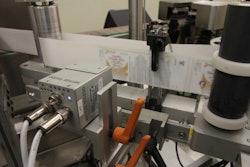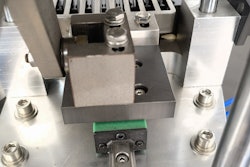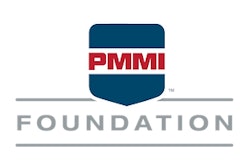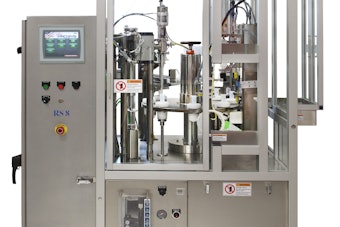
A recent NBC News article suggested that drug-resistant superbugs might have evolved to resist alcohol, the active ingredient in most hand sanitizers and disinfectants used to control hospital infection. A team of researchers at the Peter Doherty Institute for Infection and Immunity in Melbourne studied Enterococcus faecium, a strain of bacteria that’s a common nuisance in hospitals, but not particularly deadly.
The team found that the strain has the potential to evade the effectiveness of alcohol-based disinfectant standard precautions and could be the cause of an increase in VRE infection common in hospitals across Europe, Asia, the Americas and Australia. The World Health Organization says antibiotic resistant bacteria are a “fundamental threat,” and the Centers for Disease Control and Prevention estimates the infections they cause claim 23,000 American lives each year.





















